Celebrating Nurses’ Day
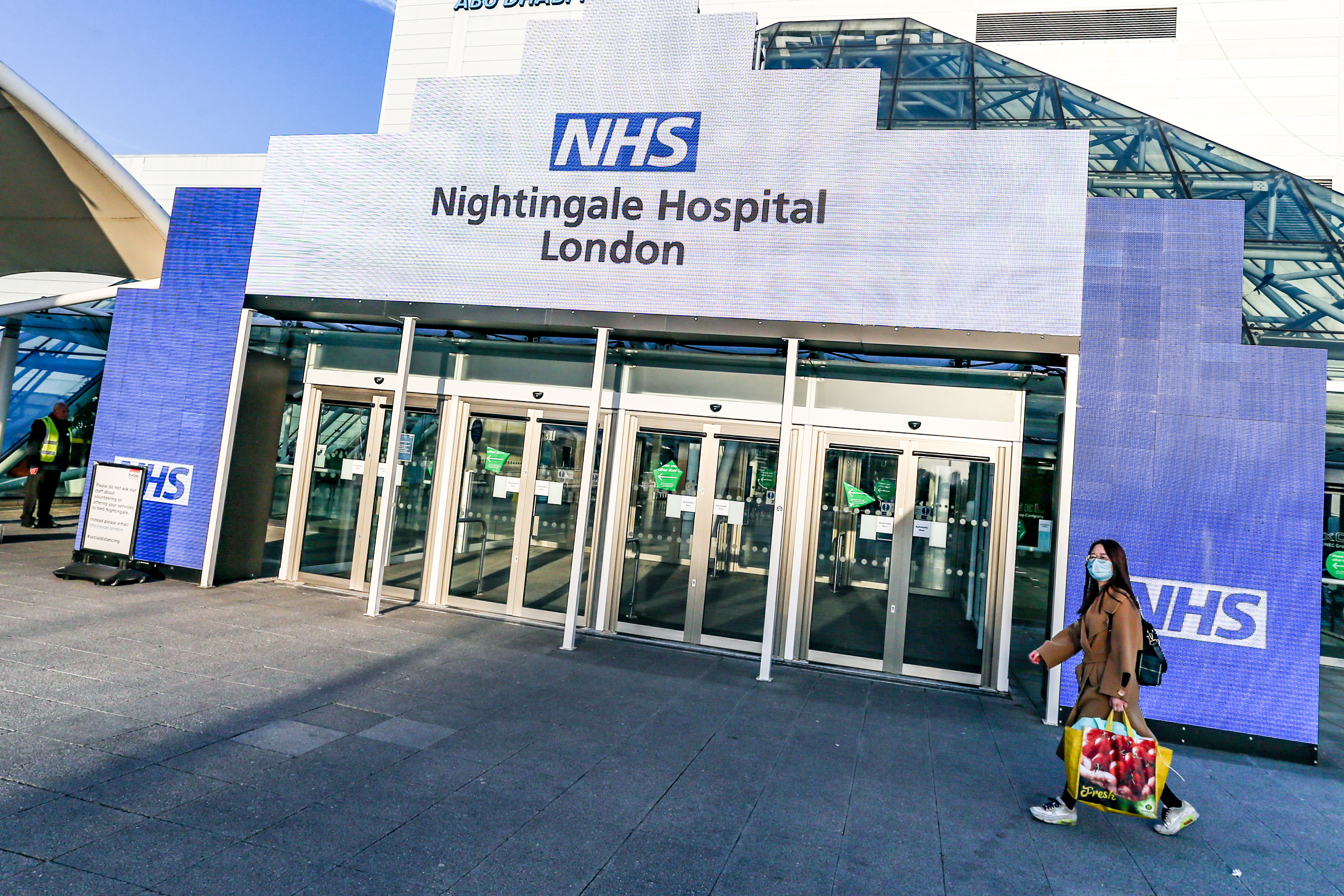
This year, we’re celebrating International Nurses’ Day on 12th May 2020, by publicly thanking our very own Occupational Health Nurse, Norma McKibbin, for her hard work and dedication to helping our team stay safe and healthy throughout the COVID-19 pandemic.
In a strange twist of fate, this year’s Nurses’ Day falls on what would have been Florence Nightingale’s 200th birthday – the founder of modern nursing whom the NHS Nightingale Hospitals are named after.
Little did we know, that when Norma first joined our team in November 2019, she would face the biggest challenge of her career – a global pandemic that would threaten the lives of thousands. In true Portview fashion, Norma rose to the challenge by lending her skills, knowledge and expertise to nurse our team through lockdown and offering her words of wisdom to the wider public on how to protect against the coronavirus.
Taking to Twitter last month to answer your pressing questions about COVID-19, here’s what Norma had to say:
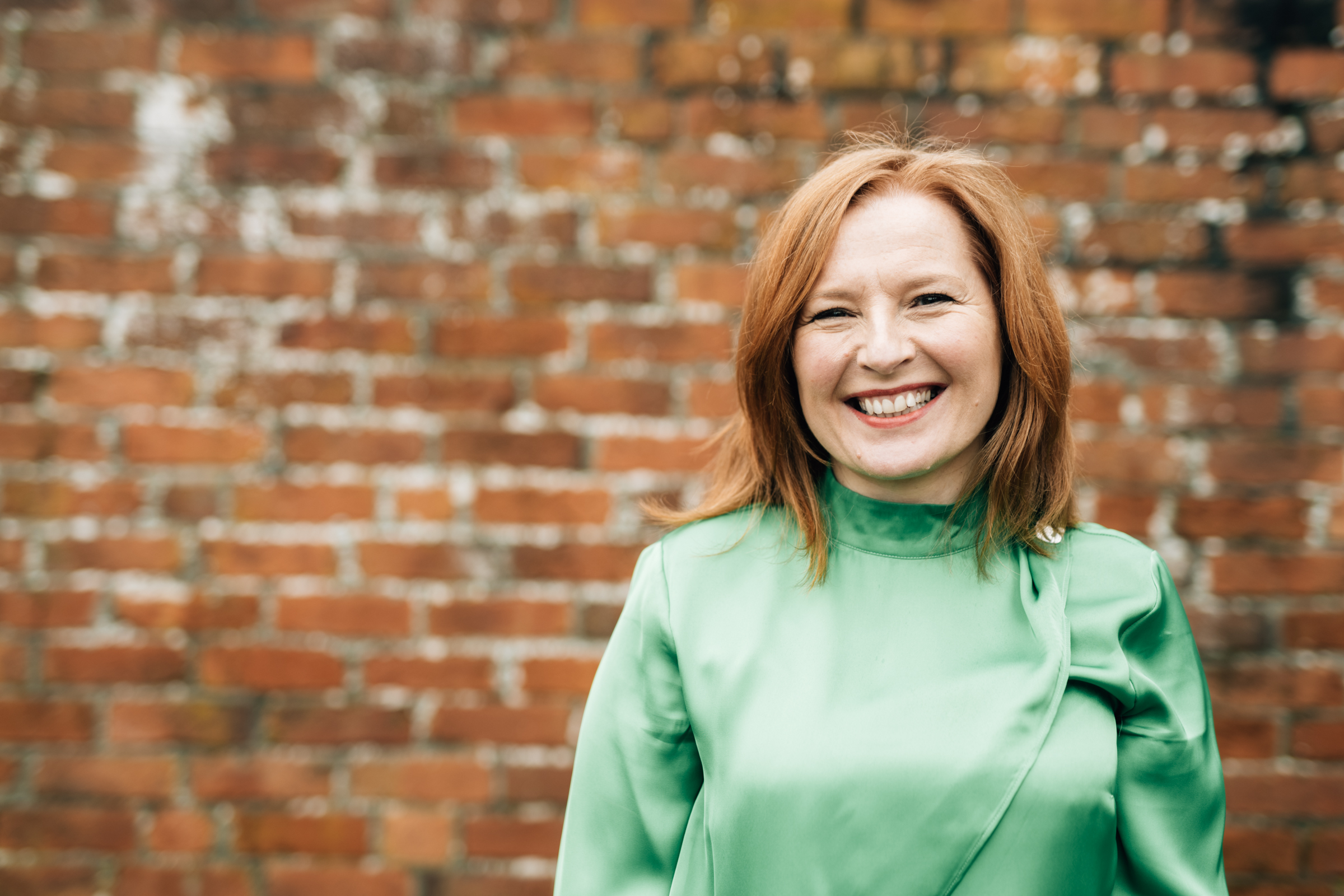
1. WHAT IS THE DIFFERENCE BETWEEN CORONAVIRUS AND COVID-19?
Coronaviruses are a large family of viruses that cause respiratory infections in humans. The most recently discovered coronavirus disease is COVID-19. This new disease, COVID-19 was unknown before the outbreak began in Wuhan, China, in December 2019.
2. HOW LONG IS THE INCUBATION PERIOD FOR COVID-19?
The ‘incubation period’ means the time between catching the virus and beginning to have symptoms of the disease. Most estimates of the incubation period for COVID-19 range from 1-14 days.
3. IS COVID-19 AIRBORNE?
The virus that causes COVID-19 is mainly transmitted through droplets generated when an infected person coughs, sneezes or speaks. These droplets are too heavy to hang in the air, they quickly fall on floors or surfaces. You can be infected by breathing in the virus if you are within 1 metre of a person who has COVID-19, or by touching a contaminated surface and then touching your eyes, nose or mouth before washing your hands.
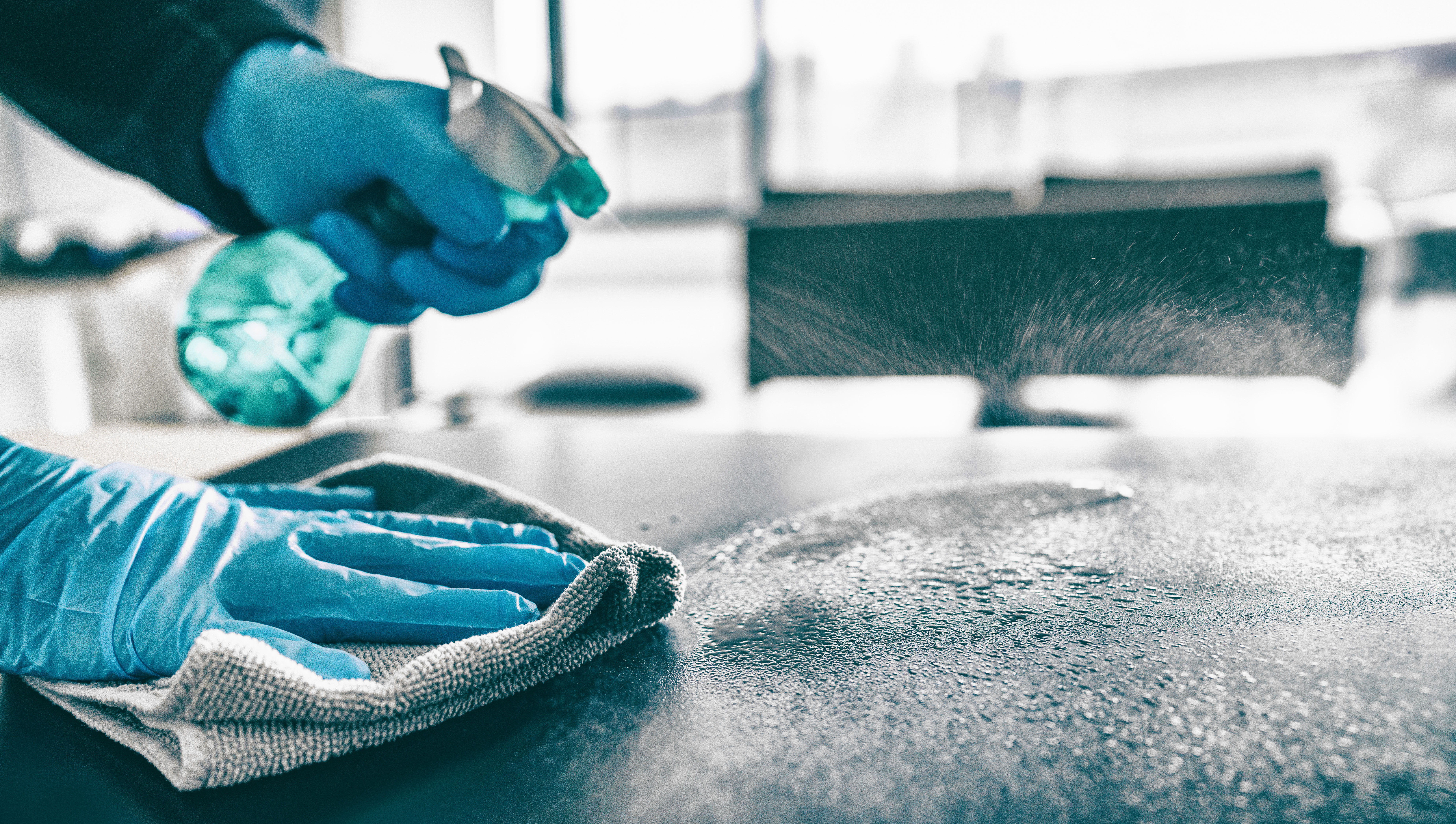
4. HOW LONG DOES THE VIRUS SURVIVE ON SURFACES?
Based on information provided by the World Health Organisation (WHO) it is not certain how long the virus that causes COVID-19 survives on surfaces. It seems to behave similar to other coronaviruses and may persist on surfaces for a few hours or up to several days. This varies dependant on environmental factors such as the surface, temperature or humidity of the environment.
5. ARE SMOKERS AND TOBACCO USERS AT HIGHER RISK OF COVID-19 INFECTION?
Smokers are likely to be more vulnerable to COVID-19 as the act of smoking means that fingers are in contact with the lips which increases the possibility of transmission of the virus from hand to mouth. Smokers may already have lung disease or reduced lung capacity which would greatly increase the risk of serious illness.
6. CAN I CATCH COVID-19 FROM MY PET?
To date, there is no evidence that a dog, cat or any pet can transmit COVID-19. COVID-19 is mainly spread through droplets produced when an infected person coughs, sneezes or speaks.
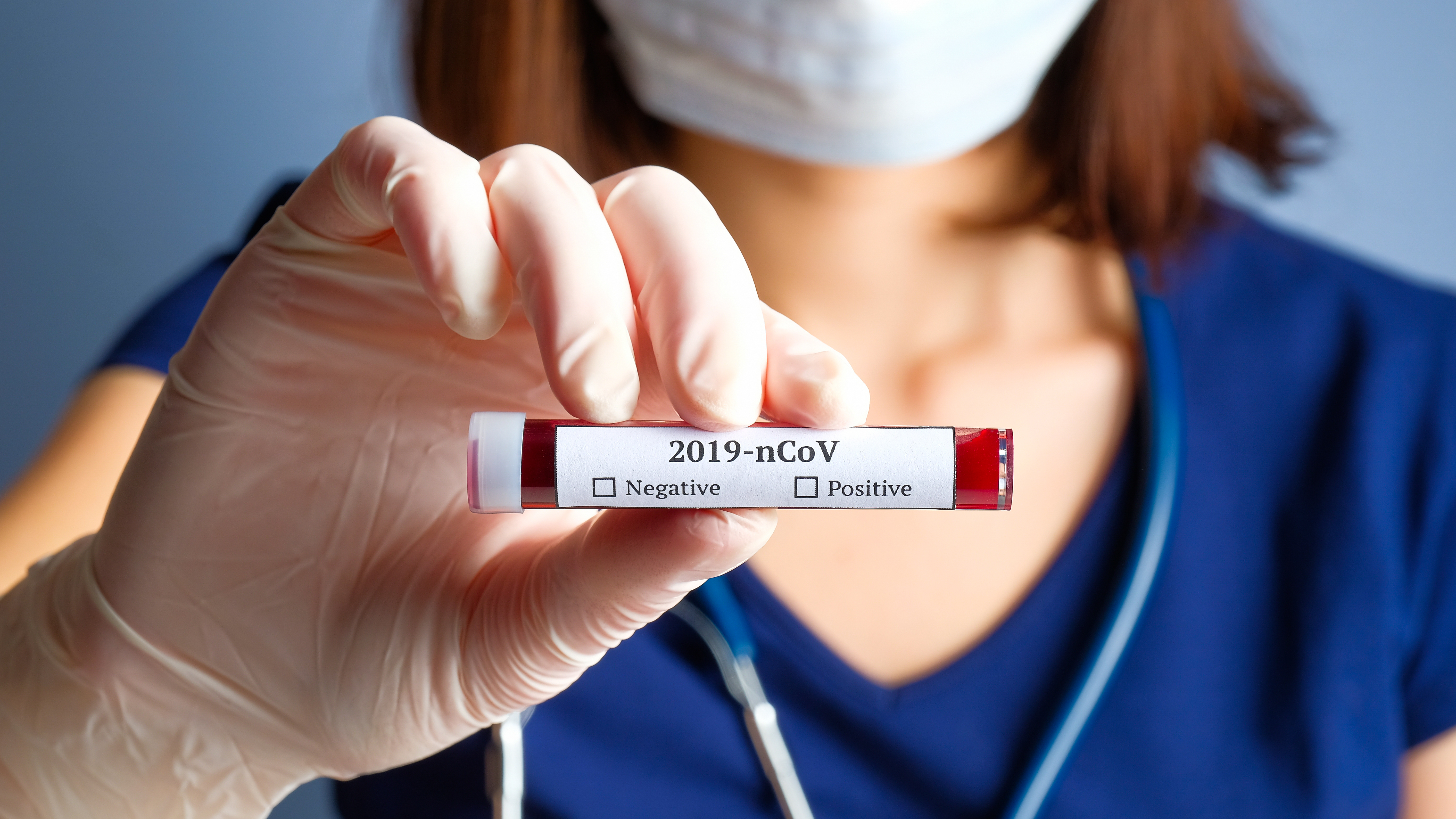
7. ARE THERE ANY MEDICINES THAT CAN PREVENT OR CURE COVID-19?
While some over the counter medicines may alleviate symptoms of COVID-19, there is no evidence that current medicine can prevent or cure the disease. The World Health Organisation (WHO) does not recommend taking any medication that is not prescribed by your GP or Pharmacist. This includes antibiotics which are only effective in managing they symptoms of bacterial infections. COVID-19 is a viral infection.
8. IS THERE A VACCINE FOR COVID-19?
Not yet, to date, there is no vaccine and no specific antiviral medicine to prevent or treat COVID-19. Clinical trials are currently being undertaken on various drug treatments including vaccination.
9. CAN ANTI-MALARIAL CHLOROQUINE FIGHT COVID-19?
Clinical trials are currently being conducted looking at the response to Chloroquine and similar drugs for the treatment / prevention of COVID-19. Currently, there is insufficient data to assess the effectiveness of Chloroquine. This medicine is prescription only and should not be taken without medical advice as Chloroquine or similar drugs can have serious side effects that can impact on your health adversely.

10. SHOULD I WEAR A MASK?
- If you are healthy, you only need to wear a mask if you are taking care of a person suspected of COVID-19 infection.
- Masks are only effective when used in combination with frequent hand-cleaning with alcohol-based hand rub or soap and warm water.
- Disposable face masks can only be used once.
- You must know how to use and dispose of a mask. Before putting on a mask, clean hands with alcohol-based hand rub or soap and warm water. Cover the mouth and nose with a mask and make sure there are no gaps between your face and the mask. Avoid touching the mask. Remove the mask from behind then discard immediately and clean hands with soap and warm water.
11. IS WEARING RUBBER GLOVES IN PUBLIC EFFECTIVE IN PREVENTING COVID-19?
No. Regularly washing your bare hands offers more protection against catching COVID-19 than wearing rubber gloves. You can still pick up COVID-19 contamination on rubber gloves. If you then touch your face, the contamination goes from your glove to your face and can infect you.
12. IF I HAVE HAD A PREVIOUS VACCINE FOR PNEUMONIA WILL IT PROTECT ME AGAINST COVID-19?
No. Vaccines against pneumonia do not provide protection against COVID-19. The virus is so new and different that it needs it’s own vaccine which is currently being developed.
13. IF I DRINK WARM WATER EVERY 15 MINUTES WILL THIS FLUSH THE VIRUS OUT OF MY SYSTEM?
While drinking water and staying hydrated is very important, Professor Trudie Lang at the University of Oxford says that, ‘there is no biological mechanism that would support the idea that you can just wash a respiratory virus down into your stomach and kill it’.
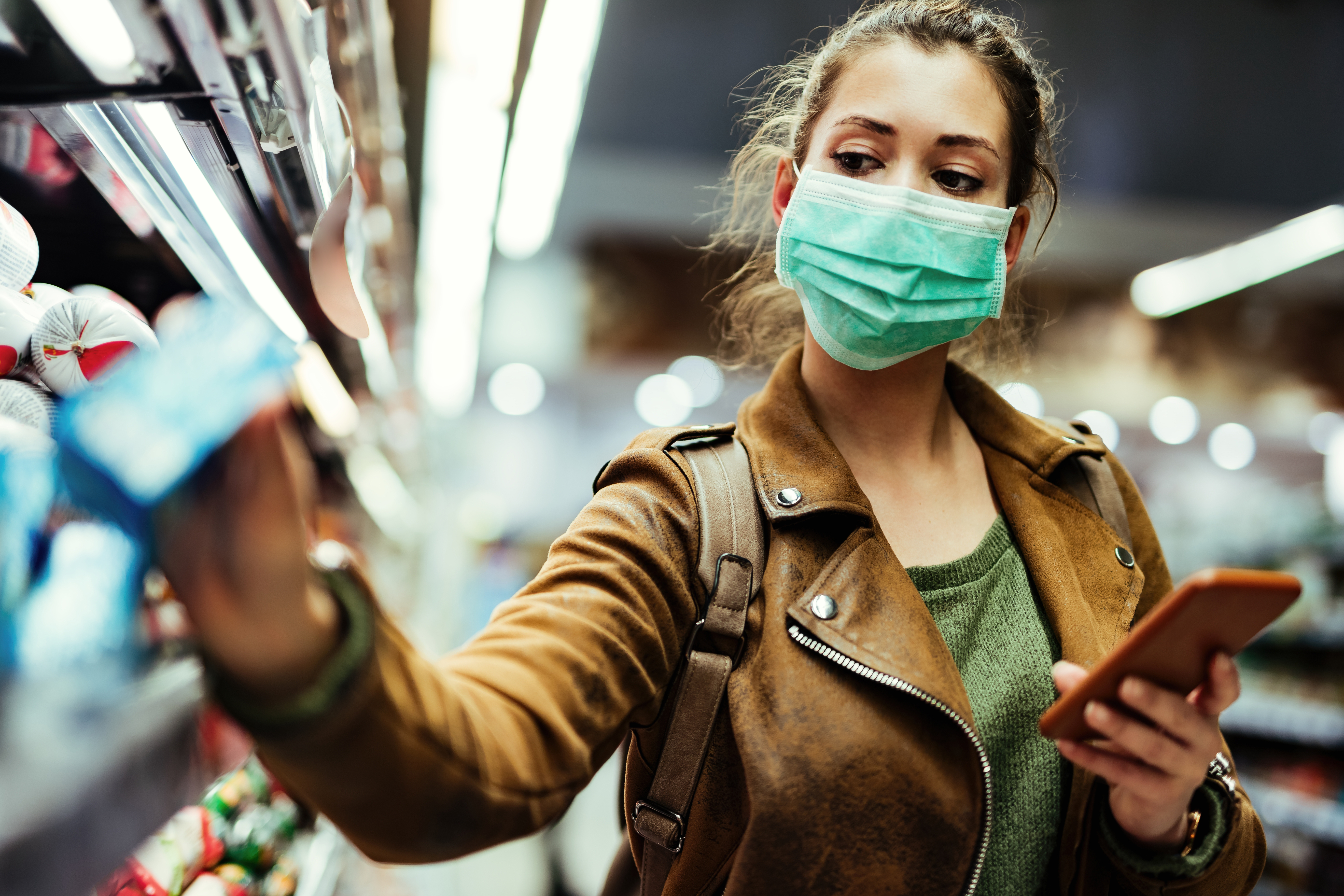
14. HOW DO I KEEP MYSELF SAFE WHEN I HAVE TO LEAVE HOME TO DO ESSENTIAL SHOPPING?
At present leaving home and mixing with other people does carry a risk. In order to reduce the risk as much as reasonably practicable you should consider taking the following steps:-
- Always keep a 2 metre distance away from other people.
- Do not touch your hands and face while out.
- Reduce your touch points while out shopping, select the item you wish to purchase without browsing and touching multiple items.
- Pay for goods using a contactless card. Keep this loose in your pocket rather than fumbling to get it out of a purse or wallet.
- Ask for your receipt to be emailed where possible.
- Shop alone, do not take children with you, if this is possible.
- Use a washable shopping bag or leave your reusable shopping bags for 72 hours without re-handling after unpacking your shopping.
15. CAN I CATCH COVID-19 FROM UNPACKING MY SHOPPING?
The UK Food Standards Agency notes there is no evidence of COVID-19 being transmitted through food and that the risk of transmission via packaging is low. Professor Bloomfield from the London School of Tropical Medicine notes that there is no such thing as ‘zero risk’. She suggests storing shopping for 72 hours before handling and packing away or using a disinfectant spray to wipe plastic or glass containers. She notes that all fresh goods such as fruit and veg should be washed under running water only and left to dry.
